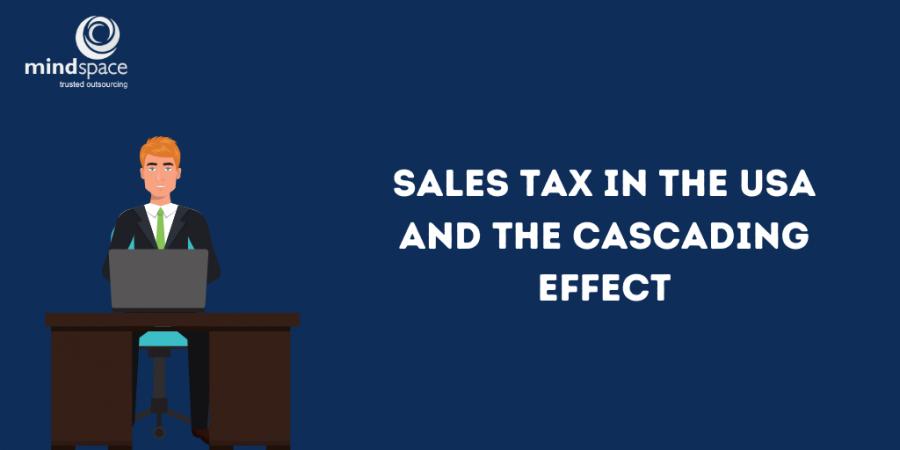Sales Tax in the USA and the cascading effect
Sales taxes are different from city to city, town to town, and state to state and as we know, calculation of taxes is not an easy task. Sales tax is generally calculated by multiplying the purchasing price by the applicable tax rate. The seller or vendor collects it at the time of the sale. A sales tax is imposed at the retail level. In cases where items are sold at retail many times, such as used cars, the sales tax can be charged on the same item indefinitely. It is one of the good transparent ways to collect the tax revenue, It is imposed by local governments and administered generally at the state level, States impose sale tax on retail sellers or impose it on retail buyers, in other cases seller files the returns and remits the tax to the state Sales taxes are applied only on taxable transfers of goods or services. The tax is calculated as the tax rate times the taxable transaction value. Rates may vary by state, and by locality within a state. The tax may be imposed on sales to consumers and to businesses also.
As we all know that there is no VAT or GST being applied in the USA, because of that there is no cascading effect because of sales taxation. Cascading effect due to the cascade tax. Cascade tax follows higher tax revenues compared to a single-stage tax because a tax is applied on top of the tax. They are applied at each and every phase in the supply network, with no benefit or deduction in the tax for the expense paid that have already been paid at earlier stages. The impact caused to the cascading effect makes a similar motivation for a vertical combination.
Not every state imposes sales tax on all types of goods. State laws are different widely as to what goods are subject to tax. Food for preparation and consumption in someone’s house is often not taxable, nor are prescription medications. By the differences, restaurant meals are often taxed
Many states provide exemptions for some particular types of goods and not for other types. Specific types of foods may be exempt, and certain types taxable or could be tax-free, even when sold in a grocery store for home consumption.


